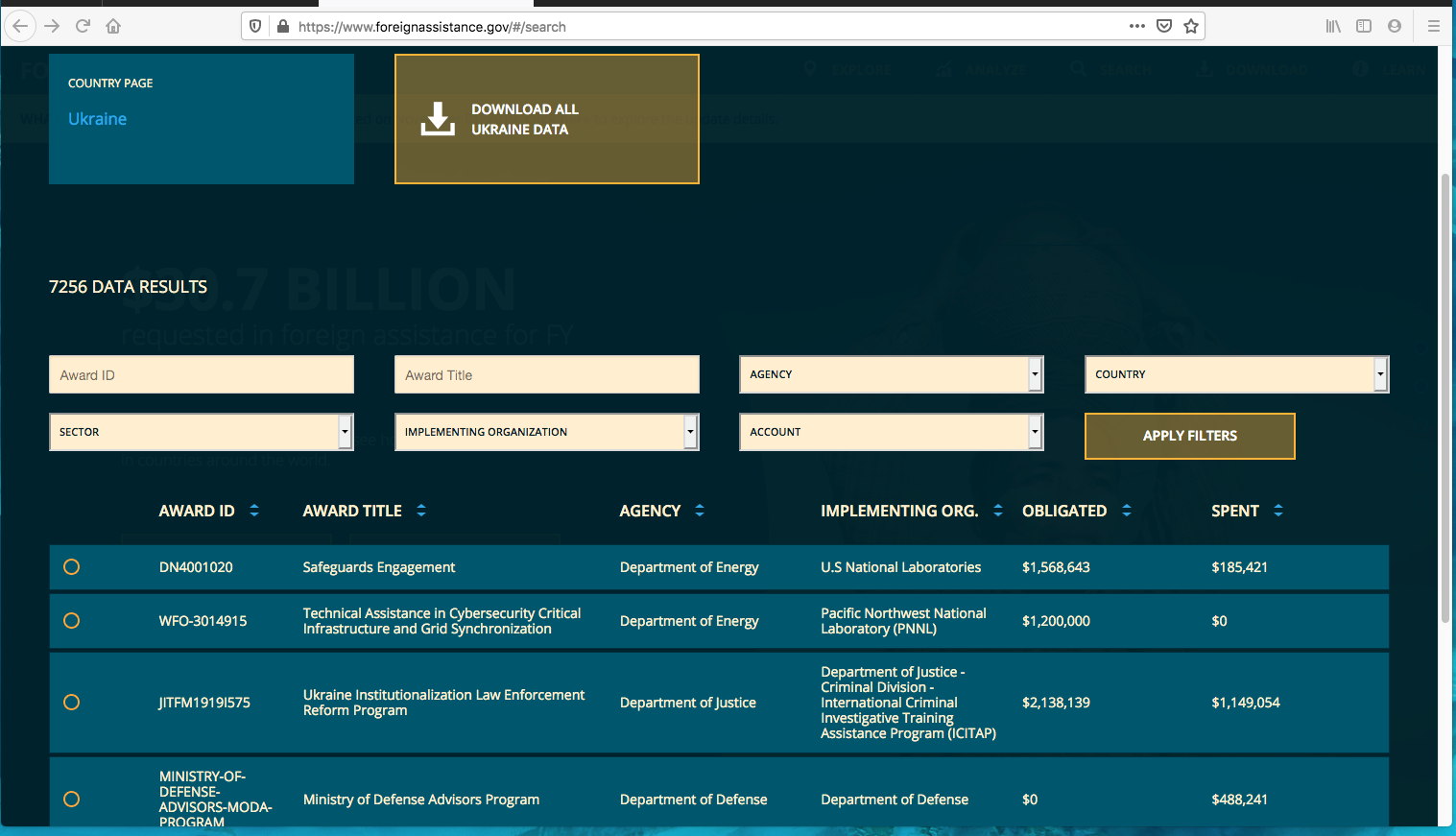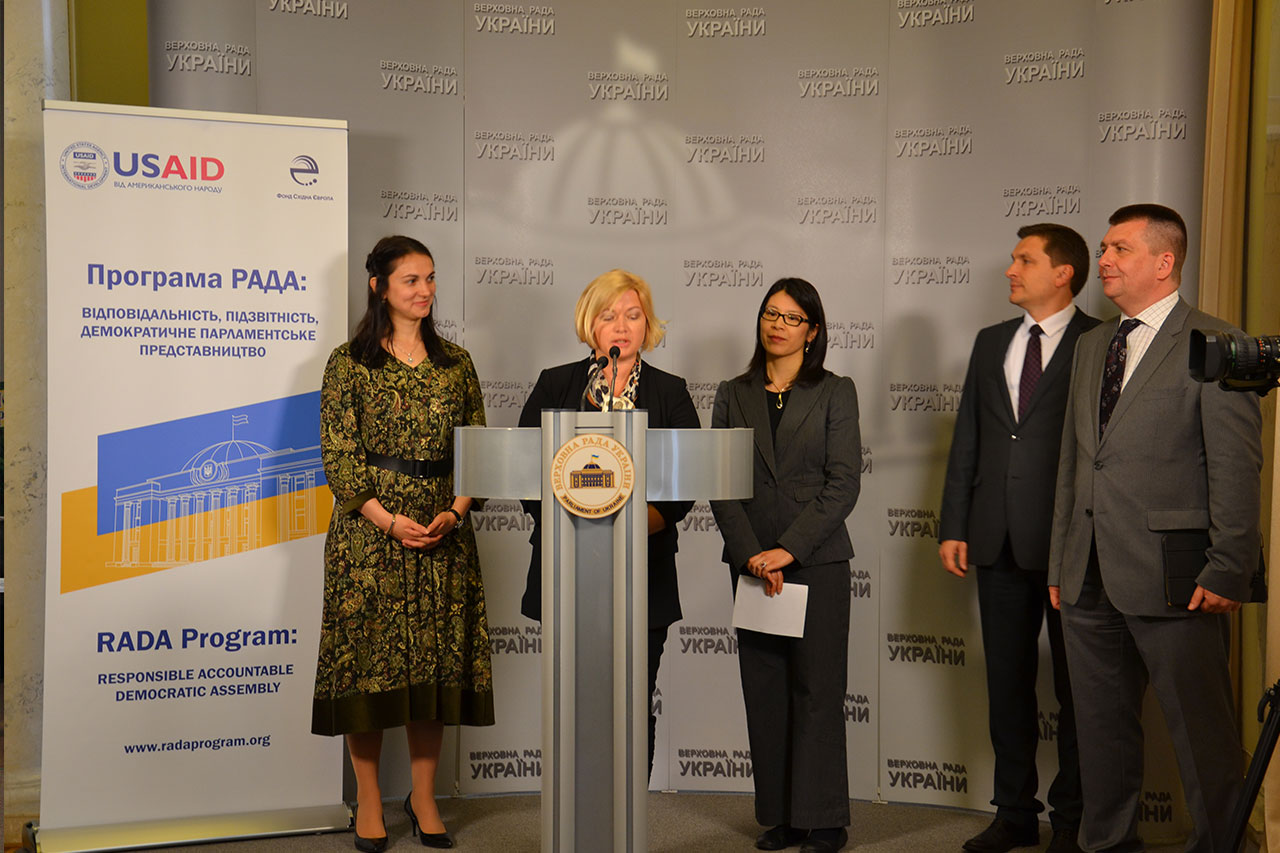Hey Hillary it is not Russia, but they are out there for sure. This time most notable attributions are pointing to Iran.
When the Pentagon recently awarded Microsoft a $10 billion contract to transform and host the US military’s cloud computing systems, the mountain of money came with an implicit challenge: Can Microsoft keep the Pentagon’s systems secure against some of the most well-resourced, persistent, and sophisticated hackers on earth?
“They’re under assault every hour of the day,” says James Lewis, vice president at the Center for Strategic and International Studies.
Microsoft’s latest win over cloud rival Amazon for the ultra-lucrative military contact means that an intelligence-gathering apparatus among the most important in the world is based in the woods outside Seattle. These kinds of national security responsibilities once sat almost exclusively in Washington, DC. Now in this corner of Washington state, dozens of engineers and intelligence analysts are dedicated to watching and stopping the government-sponsored hackers proliferating around the world.
Members of the so-called MSTIC (Microsoft Threat Intelligence Center) team are threat-focused: one group is responsible for Russian hackers code-named Strontium, another watches North Korean hackers code-named Zinc, and yet another tracks Iranian hackers code-named Holmium. MSTIC tracks over 70 code-named government-sponsored threat groups and many more that are unnamed.

What are the superpowers of Microsoft?
“Microsoft sees stuff that just nobody else does,” says Williams, who founded the cybersecurity firm Rendition Infosec. “We routinely find stuff, for instance, like flags for malicious IPs in Office 365 that Microsoft flags, but we don’t see it anywhere else for months.”
Connect the dots
Cyber threat intelligence is the discipline of tracking adversaries, following bread crumbs, and producing intelligence you can use to help your team and make the other side’s life harder. To achieve that, the five-year-old MSTIC team includes former spies and government intelligence operators whose experience at places like Fort Meade, home to the National Security Agency and US Cyber Command, translates immediately to their roles at Microsoft.
MSTIC names dozens of threats, but the geopolitics are complicated: China and the United States, two of the most significant players in cyberspace and the two biggest economies on earth, are virtually never called out the way countries like Iran, Russia, and North Korea frequently are.
“Our team uses the data, connects the dots, tells the story, tracks the actor and their behaviors,” says Jeremy Dallman, a director of strategic programs and partnerships at MSTIC. “They’re hunting the actors—where they’re moving, what they’re planning next, who they are targeting—and getting ahead of that.”
Microsoft, like other tech giants including Google and Facebook, regularly notifies people targeted by government hackers, which gives the targets the chance to defend themselves. In the last year, MSTIC has notified around 10,000 Microsoft customers that they’re being targeted by government hackers.
New targets
Beginning in August, MSTIC spotted what’s known as a password spraying campaign. Hackers took around 2,700 educated guesses at passwords for accounts associated with an American presidential campaign, government officials, journalists, and high-profile Iranians living outside Iran. Four accounts were compromised in this attack.
“Once we understand their infrastructure—we have an IP address we know is theirs that they use for malicious purposes—we can start looking at DNS records, domains created, platform traffic,” Dallman says. “When they turn around and start using that infrastructure in this kind of attack, we see it because we’re already tracking that as a known indicator of that actor’s behavior.”
After doing considerable reconnaissance work, Phosphorus tried to exploit the account recovery process by using targets’ real phone numbers. MSTIC has spotted Phosphorus and other government-sponsored hackers, including Russia’s Fancy Bear, repeatedly using that tactic to try to phish two-factor authentication codes for high-value targets.
What raised Microsoft’s alarm above normal on this occasion was that Phosphorus varied its standard operating procedure of going after NGOs and sanctions organizations. The cross-hairs shifted, the tactics changed, and the scope grew.
Microsoft’s sleuthing ultimately pointed the finger at Iranian hackers for targeting presidential campaigns including, Reuters reported, Donald Trump’s 2020 reelection operation.
One consequence of the 2016 US election is a rise in the sheer number of players fighting to hack political parties, campaigns, and think tanks, not to mention government itself. Election-related hacking has typically been the province of the “big four”—Russia, China, Iran, and North Korea. But it’s spreading to other countries, although the Microsoft researchers declined to specify what they’ve seen.
“What is different is that you’re getting additional countries joining the fray that weren’t necessarily there before,” says Jason Norton, a principal project manager on MSTIC. “The big two [Russia and China]—now, we can say they’ve been historically going after this since well before the 2016 election. But now you’re getting to see additional countries do that—poking and prodding the soft underbelly in order to know the right pieces to have an influence or impact in the future.”
“The field is getting crowded,” Dallman agrees. “Actors are learning from each other. As they learn tactics from the more prominent names, they turn that around and use them.”
The upcoming election is different, too, in that no one is surprised to see this malicious activity. Leading into 2016, Russian cyber activity was greeted with a collective dumbfounded naïveté, contributing to paralysis and an unsure response. Not this time.
You saw them in 2016, you saw what they did in Germany, you saw them in the French elections—all following the same MO. The 2018 midterms, too—to a lesser degree, but we still saw some of the same MO, the same actors, the same timing, the same techniques. Now we know, going into 2020, that this is the MO we’re looking for. And now we’ve started to see other countries come out and start doing other tactics.”
In 2016, it was CrowdStrike that first investigated and pointed the finger at Russian activity aiming to interfere with the American election. The US law enforcement and intelligence community later confirmed the company’s findings and eventually, after Robert Mueller’s investigation, indicted Russian hackers and detailed Moscow’s campaign.
MIT Technology Review visited Microsoft, the full summary is here.







